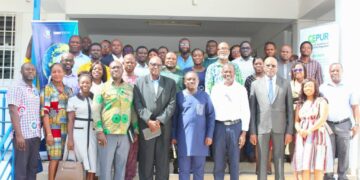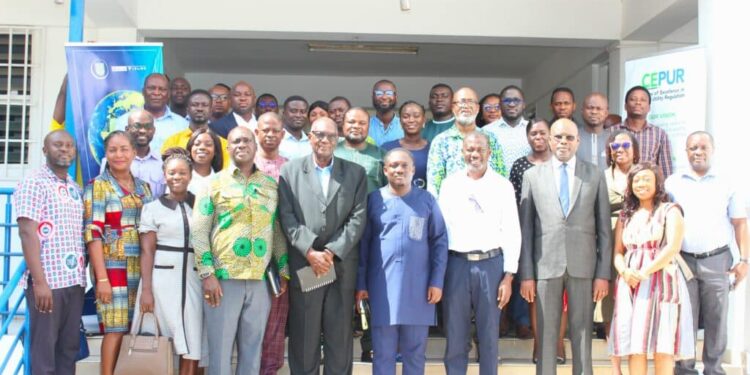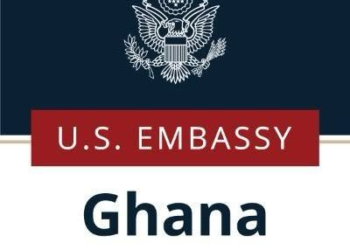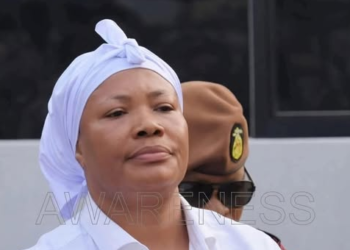Mr. Minta Aposa Aboagye, Chairman of the Board of the Water Resources Commission, has said that Ghana faces the challenge of becoming self-reliant on its own water resources. He made this comment at a policy dialogue organized by the GIMPA-PURC Center of Excellence in Public Utility Regulation to mark World Water Day.
Mr. Minta Aposa Aboagye, Chairman of the Board of the Water Resources Commission, highlighted potential challenges Ghana may encounter in meeting its own water needs.
Speaking on the theme, “Leveraging Water for Peace,” he emphasized that the finite nature of freshwater resources amid the growing global population, could unravel potential water crisis for Ghana and its neigbouring countries; Burkina Faso, Benin, Cote d’Ivoire. He therefore reiterated the need to balance as well as adopt sustainable water management practices to enable the country to meet its increasing demand for water supply.
“Ghana shares the water resource of the Volta basin with five other countries; Burkina Faso, Togo, Cote d’Ivoire, and Benin. So we have to recognize the fact that the water that we have in Ghana here, apart from the southern streams, comes from outside the country, so it’s a shared resource.” he said
He added: “The population of Burkina Faso is increasing at a much faster rate than that of Ghana. According to world population growth record, the population rate in Burkina Faso is about 2.87%, while in Ghana is about 2.16%. The difference may not look that big but it translates into faster population growth in Burkina Faso than in Ghana. So imagine if the Burkina Faso population approaches that of Ghana; they are going to demand more water for their socioeconomic development, and that would pose a risk to Ghana.”
Drawing attention to global water conflicts, Mr. Aboagye pointed to examples in the Middle East and East Africa, underscoring the potential implications for Ghana.
“In such circumstances, Burkina Faso could therefore be compelled to increase usage of the resources to satisfy increasing demand and socioeconomic development, while Ghana could be affected due to decreasing inflows, which might trigger conflict between the two brotherly nations because both our existing and prime hydraulic infrastructure, such as the Akosombo and Bui hydroelectric plants, could all be undermined or jeopardized,” he remarked.
The dialogue concluded with stakeholders pledging to collaborate and explore innovative solutions to leverage water resources for peace and sustainable development in Ghana and beyond.

































